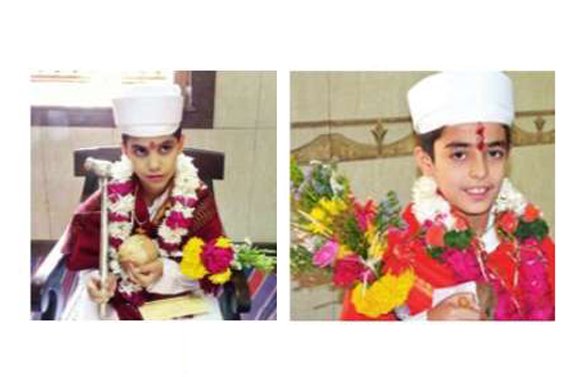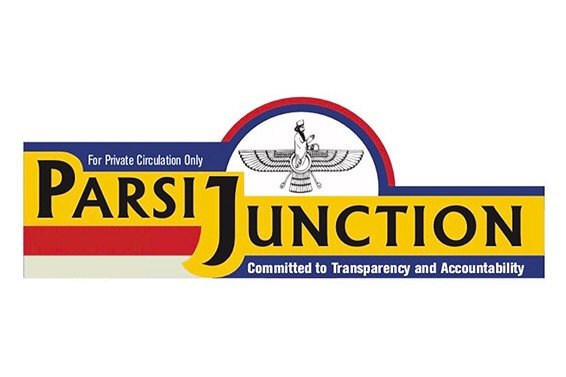YOUNG PARSIS DON MANTLE OF PRIESTHOOD
At a time when the Parsi community is on the decline and the number of ‘Mobads’ (priests) is going down, Vazaan Dastur (11) and Arzaad Khambatta (13), sons of Parsi businessmen, have undergone the rigors of a harsh process to priesthood. The youngest Mobad in the city at 11, Vazaan completed the second and final stage of Parsi priesthood known as ‘Martab’ last November.
His mother Binaifer who is part of the family’s cement business said, “Vazaan was always immersed in prayer, so we regularly took him to the Agiyari. Gradually, as his resolve in the subject strengthened and the fact that his father’s family has the hereditary priestly right, we thought he could continue the family legacy by completing the priestly studies.” Vazaan finds peace in conducting the prayers said, “I conduct prayers for children and also pray during the ‘Muktad’ (prayer for deceased souls) at the Agiyari. I am happy to help the community.” Arzaad belongs to one of the distinguished industrialist families in the city.
His father Piruz Khambatta is CMD of Pioma Industries. At 12 years, Arzaad completed his ‘Martab’ in Surat with Vazaan last year, before he completed ‘Navar’ in May 2014. According to Khambatta, “We are all religious but neither my father, nor I could complete our priestly studies in our time. Arzaad has preserved our family’s right to be Zoroastrian priests.” Arzaad is not sure what he will grow up into. “It is an honour to conduct prayers for my community. The next step is to conduct marriages and Navjyot ceremony.” According to Mehruz Dastur, chief priest of Agiyari at Khamasa, “It is great the children are interested in religious matters and the parents have taken their responsibility to the community seriously at a time when the population is dwindling fast.”
Rigorous training
● During Navar, they have to stay in isolation at the Agiyari for 25 days and during Martab, for 10 days.
● They cannot touch other people.
● They cannot touch water or have bath, They have to drink water using gloves and that too before sunset with prayers, not whenever they want.
● They have different washroom facilities.
● They have to wear only white clothes





